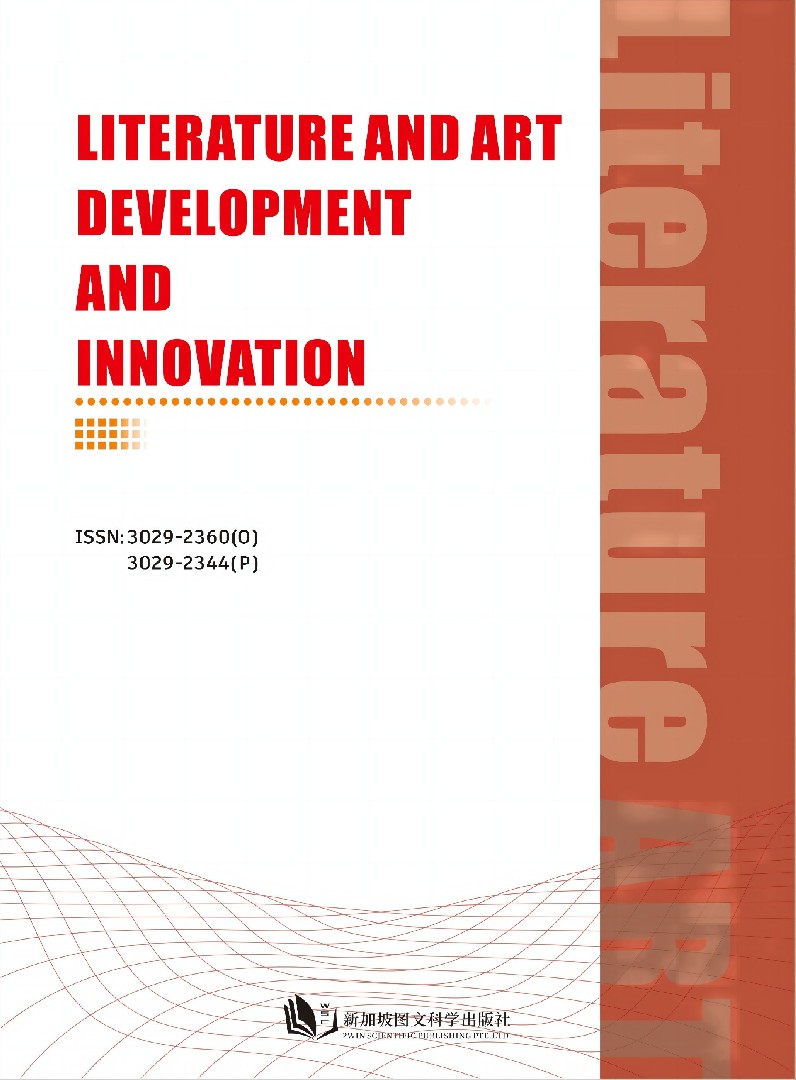作者
Jiaxue Guo
文章摘要
From the perspective of Lacanian psychoanalysis, the tragedy of Xiangzi in Camel Xiangzi in essence is a "human tragedy." Xiangzi completed the construction of the "self" of the little other in the mirror stage. After entering society, he trapped into the cage of the big Other, struggled against the invisible control of desire, and was unaware that his desire has always been the desire of the Other, the individual subject "wants" is always pseudo-“I want” Therefore, no matter how Xiangzi struggles, his life is a "void."
文章关键词
Camel Xiangzi; Lacan; mirror stage; the Other; desire
参考文献
[1] Lacan. Écrits : A Selection [M] Shanghai: Shanghai Sanlian Bookstore, 2001:198.
[2] Laoshe.Tea House - Camel Xiangzi [M].Beijing:Foreign Languages Press,2009:89-360.
[3] Yan Zesheng. Lacan and the Split Subject[J]. Foreign Literature,2002(03):3-9.
[4] Wu Guanjun. Has Anyone Mentioned "The Big Other"? - On the Politicized Philosophy of Psychoanalysis[J]. Journal of Tongji University (Social Science Edition),2015,26(05):75-84.
[5] Zhang Yibing.The Impossible Truth of Being: A Reflection of Lacan's Philosophy [M]Beijing:Commercial Press,2006:299.
Full Text:
DOI
